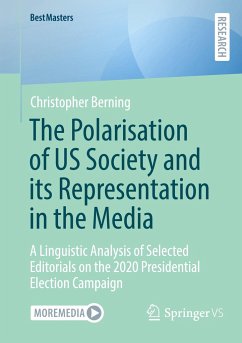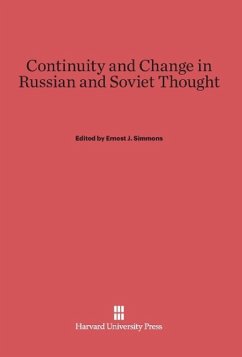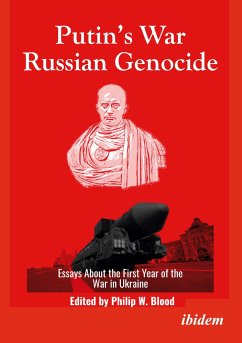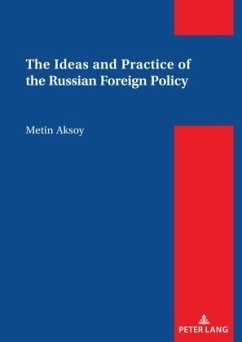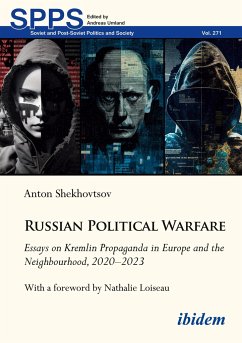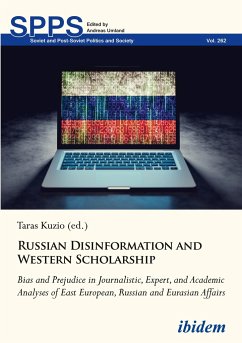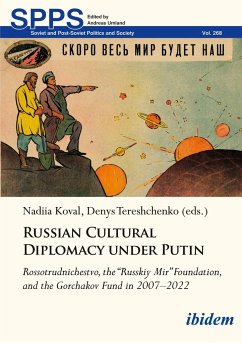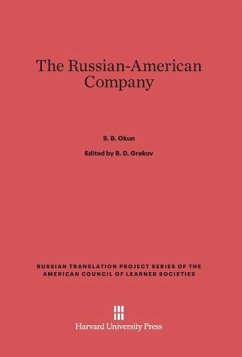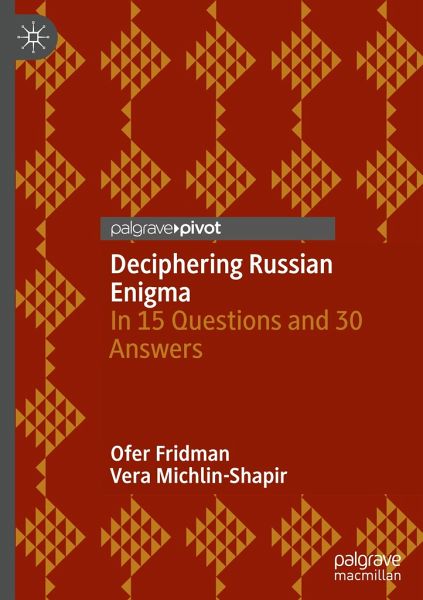
Deciphering Russian Enigma
In 15 Questions and 30 Answers

PAYBACK Punkte
17 °P sammeln!
This book is about Russia. Yet, this book is not about Russia per se. To those, whose sole interest is a better understanding of the Kremlin's decision making and how it shapes Russia's present and future, we would refer to a rather long list of sources that we dutifully noted throughout the book. Instead, based on our expertise in Russian studies and the challenges that we experienced in the past 2 years, this book aims to offer a methodology to address questions when there is no 'right' or 'wrong' answer (due to lacking reliable information). Any attempt to answer this sort of questions usin...
This book is about Russia. Yet, this book is not about Russia per se. To those, whose sole interest is a better understanding of the Kremlin's decision making and how it shapes Russia's present and future, we would refer to a rather long list of sources that we dutifully noted throughout the book. Instead, based on our expertise in Russian studies and the challenges that we experienced in the past 2 years, this book aims to offer a methodology to address questions when there is no 'right' or 'wrong' answer (due to lacking reliable information). Any attempt to answer this sort of questions using the commonly accepted deductive approach, based on scientific methods is bound to fail, because of the very nature of these questions. Therefore, using Russia as a case study, this book aims to advance a way of analysing (however limited, biased and uncertain) available information to advance a more critical understanding of the subject in question by using the methodology of dialecticinquiry.



